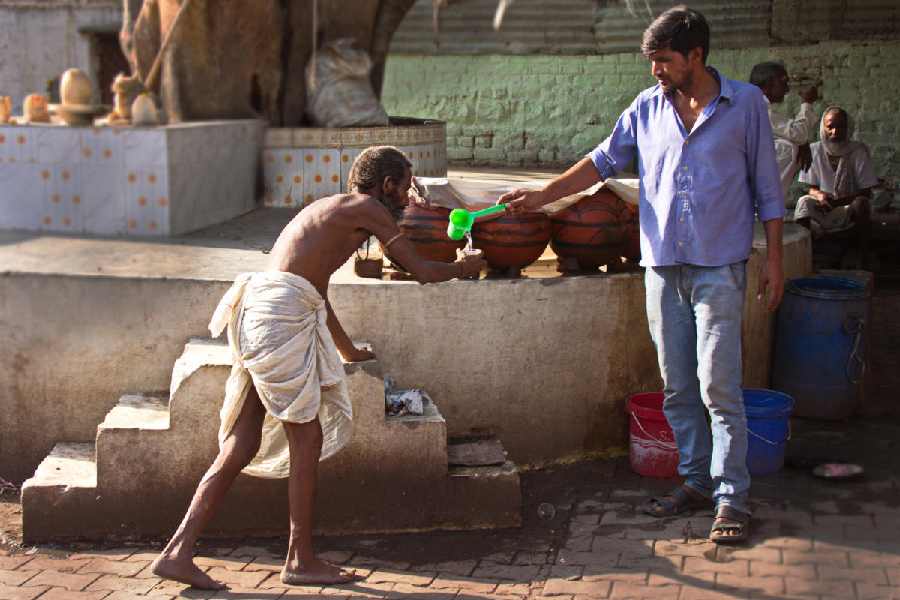Dalit business owners in India earn on average 16 per cent lower than other business owners, including those from other disadvantaged communities, researchers have reported in a study that they say reflects the impacts of lingering social stigmatisation.
The study by researchers in India, the UK and Australia has also found that social capital — a measure of “whom you know” — widely considered as potentially beneficial in multiple life circumstances, including business, did little to enhance incomes of Dalit business owners.
“This was a surprise, quite unexpected — it has been usually assumed that social capital helps all,” said Prateek Raj, an assistant professor at the Indian Institute of Management, Bangalore, and lead member of the study team.
“But our findings suggest that Dalits encounter disadvantages and stigma which is quite different from what other disadvantaged communities such as the Other Backward Classes, Adivasis or Muslims face.”
The study by Raj and his collaborators is among the first to explore income patterns across population groups in the country using data from a pan-India survey and mathematical tools designed to cancel out effects of other factors that also influence income.
“We used three techniques to analyse the data,” Raj said. “And each yielded similar results: an income gap between 15 per cent and 18 per cent between Dalit business owners and others that can only be attributed to caste and not other factors such as urban or rural location, education, family background, or land ownership.”
The study was published earlier this week in the research journal PLOS One.
The survey data included information about households’ social capital, measured through their acquaintance with members of multiple professions such as elected officials, government employees, doctors, other healthcare workers, teachers or police officers.
The analysis found that business owners from other disadvantaged groups such as Other Backward Classes, Scheduled Tribes, or Muslims benefited from social capital — the greater their social capital, the higher their income levels. But for Dalits, also known as Scheduled Castes, social capital helped much less, amplifying the income disadvantages compared to others with the same levels of social capital.
Experts estimate that Dalits make up 250 million to 300 million of India’s 1.4 billion population.
“We believe this is because Dalits face a stigma that is attached to them as persons and is perpetuated in social interactions,” said Hari Bapuji, a professor of management at the University of Melbourne, Australia, and another member of the study team.
However, the study has also revealed that human capital — education, measured through the number of years of school or college education — provided as much benefit on income to Dalit business owners as to other business owners.
“What this implies is that having social capital, or a network, is not as effective as having an education to countering stigma,” said Thomas Roulet, a professor at the Judge Business School, University of Cambridge, the study’s third collaborator.
“Our research is among the first to quantify the impact of caste on business income. While we had expected the effect of social capital would limit stigmatisation, it actually makes stigmatisation even more damaging.”
Raj said the stigmatisation might not be explicit discrimination but the outcome of ingrained stigmatisation or attitudes, possibly practised unconsciously.
Chandra Bhan Prasad, a political commentator who has been an adviser to the Dalit India Chamber of Commerce and Industry (Dicci) who was not associated with the study, said the results appear to corroborate what is widely known. “Do we need research to establish the persistence of stigmatisation?” Prasad asked.
Milind Kamble, the founder-chairman of Dicci, said: “Things are changing. We cannot say that it (stigmatisation) is over, but it is weakening and many Dalit entrepreneurs are emerging and doing very well.”










